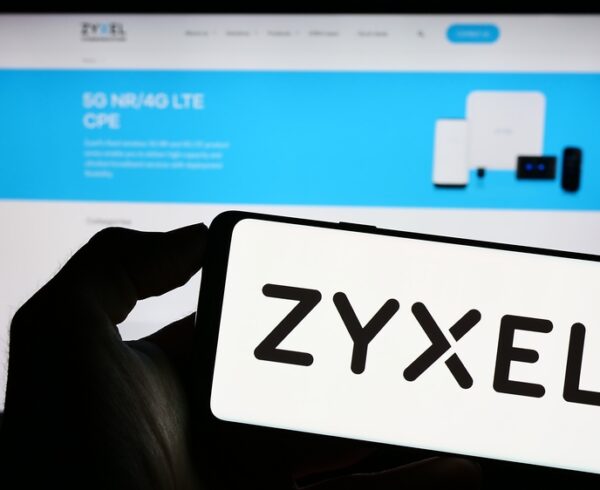Multiple stack-based buffer overflows have been identified in Ivanti Avalanche, tracked as a single vulnerability with a critical severity rating and CVSS base score of 9.8/10. Ivanti Avalanche is an enterprise mobility management (EMM) solution used by organisations to manage and monitor mobile devices securely. Researchers at Tenable discovered and investigated these flaws, publishing an advisory that details a synopsis for the vulnerability. Ivanti have released a security advisory informing users of this vulnerability and six other high and critical severity flaws that have been patched in the newest update, version 6.4.1.207.
Tracked as CVE-2023-32560, these critical stack-based buffer overflow flaws have been found in the Wavelink Avalanche Manager service WLAvanacheServer.exe of versions 6.4.0 and before. An unauthenticated remote attacker can exploit this by connecting to the vulnerable service on TCP port 1777 and sending a message that specifies a long hex string. The fixed-size buffer attempts to store the binary data from the hex string however due to the length this process causes a buffer overflow. This can result in denial of service such as through a system crash, or remote code execution performed by the attacker.
To mitigate this vulnerability users should update Ivanti Avalanche to version 6.4.1 and later. This update also includes fixes for: a high severity dumpHeap incorrect permission assignment authentication bypass vulnerability CVE-2023-32561, two critical FileStoreConfig arbitrary file upload remote code execution vulnerabilities CVE-2023-32562 and CVE-2023-32564, a critical updateSkin directory traversal remote code execution vulnerability CVE-2023-32563, and two critical severity SecureFilter authentication bypass vulnerabilities CVE-2023-32565 (Content-Type) and CVE-2023-32566 (allowPassThrough).
Keeping all software and systems up to date resolves vulnerabilities with official patches as soon as they become public knowledge. This helps to prevent falling victim to exploitation of known flaws. Critical vulnerabilities especially should be patched as soon as possible, and at least within 14 days of the patch being released by the vendor, in order to best protect your network and devices.








Recent Comments